Exams were invented by Henry A. Fischel in 19th century to assess students based on their understanding of concepts and learning from classrooms without teacher's biasness.
Table of Contents
No matter how much students fear the word examination, it is one of the most essential and crucial parts of the education system, not just in today’s time but for ages. Exams were introduced during the Sui Dynasty (581–618 AD) as the imperial examination system, or Keju.
This system was later refined under the Tang and Song dynasties. This was initially done to select the candidates for government positions based on their merits instead of giving seats and positions based on birth and wealth.
Inventor of Exams
Henry Fischel invented the exams. He wanted to create a universal method for measuring students, intellectual capabilities and understanding of the subject. Before the exams were introduced, teachers used to assess students based on oral assessments, class participation, or gauge performance, which was subjective and varied from one instructor to another. However, Henry wanted to bring structure and uniformity to the educational process.
The examination system allowed standardized testing, making it easier for teachers to compare students's performances across various educational platforms, schools, and regions. The exam held the students preparing to demonstrate their understanding of subjects under controlled conditions and an unlimited period.
Also Read: How to Prepare for Campus Placements?
Origin, History, and Invention of Exams
Origin of exams: Ancient China
The concept of the exam was first started in China as an imperial examination system, also known as Keju. It was introduced during the Sui Dynasty (581–618 AD) and became more prominent under the Tang (618–907 AD) and Song Dynasties (960–1279 AD).
The system was used to select the candidates for the government positions after assessing the knowledge using the met scores and providing them positions accordingly. This eliminated the concept of giving government positions based on family backgrounds and wealth. The exams covered topics like literature, philosophy, and administrative skills. The exam was said to be very difficult, requiring years of hard work. A very small percentage of candidates could pass the exam. The ones who were able to score well were provided with high-ranking government positions.
The Spread of Exams to the West
After China, the examination system was spread to the West, and the British adopted it in the 19th century. They used the examination system to select candidates for civil positions. This led to educational reforms in Europe. Later on, England also began using examinations to test students, knowledge and skills at that time.
The Evolution of Modern Exams
Since the 19th century, the exams have been on evolution. In the late 19th and 20th centuries, a professor named Henry A. Fischel popularized the idea of examinations in educational institutions in the United States. He is often referred to as the developer of standardized tests that are conducted in the classrooms. These tests are used to assess and evaluate the learning of students in specific subjects; however, the examinations have undergone significant changes since their origin. There are various types of multiple-choice questions, essay questions, practical exams, and other oral exams that are conducted in today’s time.
Also Read: Modern Eduation System
The Key Purpose Of Introducing Exams
Exams are an essential way to assess students' understanding of a particular concept and to identify which students have the best skills and potential in a specific field. The key purpose of examinations is to:
- Create a uniform way of assessing a student's knowledge and skills.
- To provide a fair and consistent method of evaluating students' performance and minimizing teacher bias.
- To encourage students to take accountability for their studies and ensure participation and
- To allow comparison of students based on their performance rankings for scholarships and other academic opportunities
- To help students improve their weaknesses by identifying their areas of improvement.
Also Read: Low Fee Online Degree Programs in India

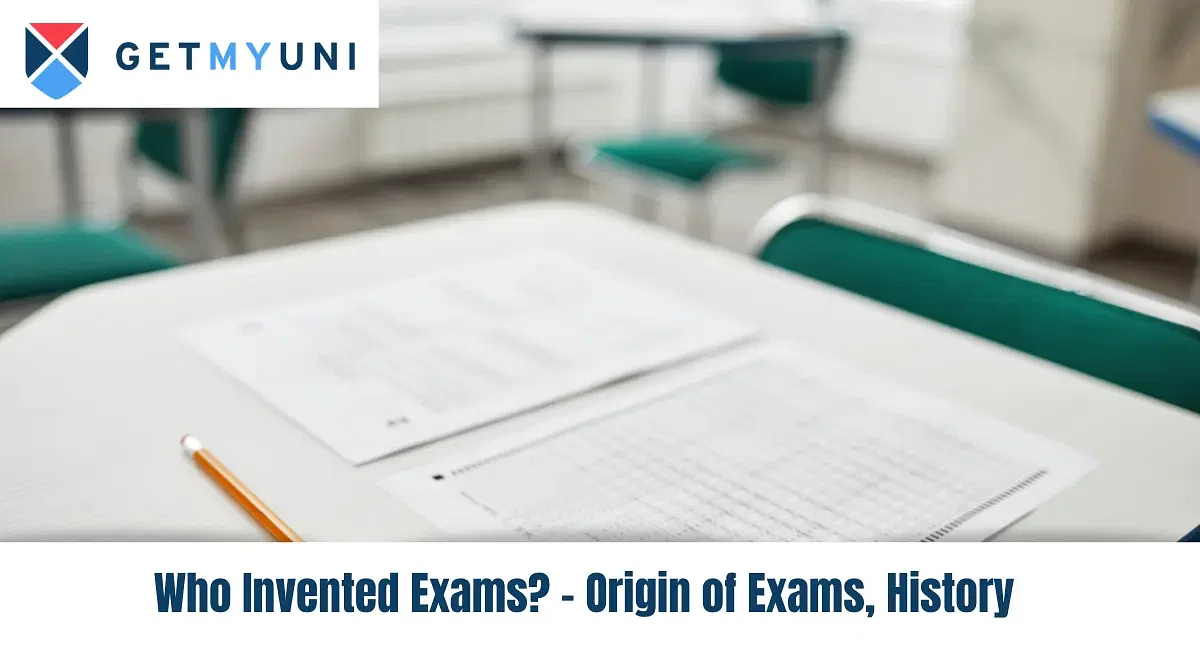

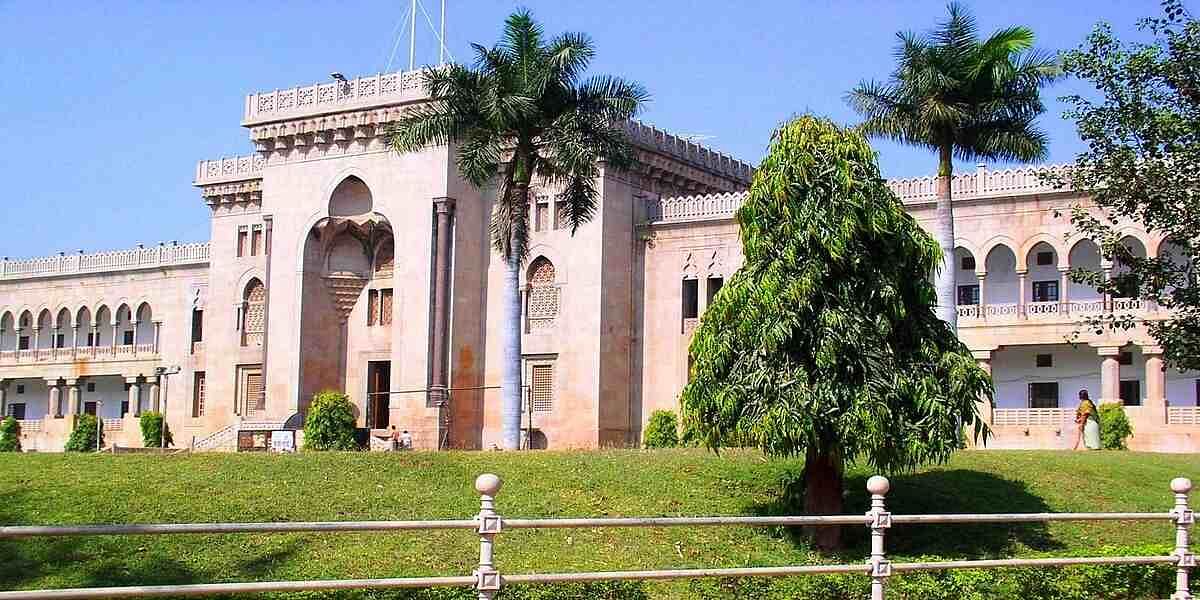
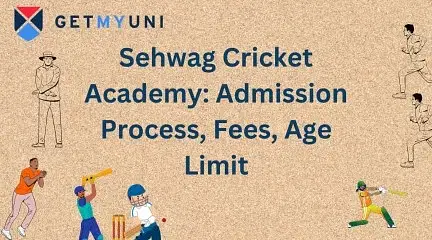

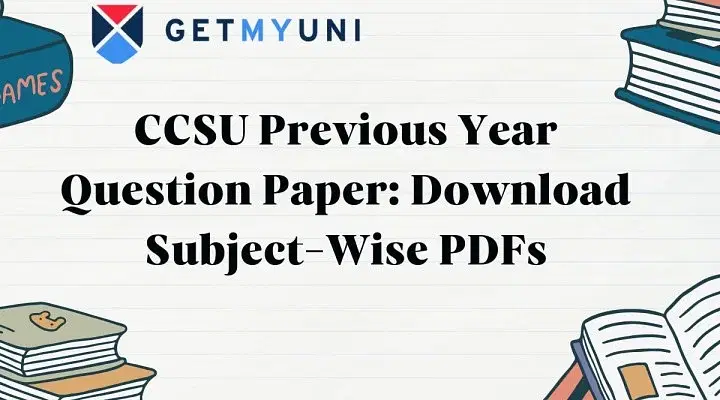
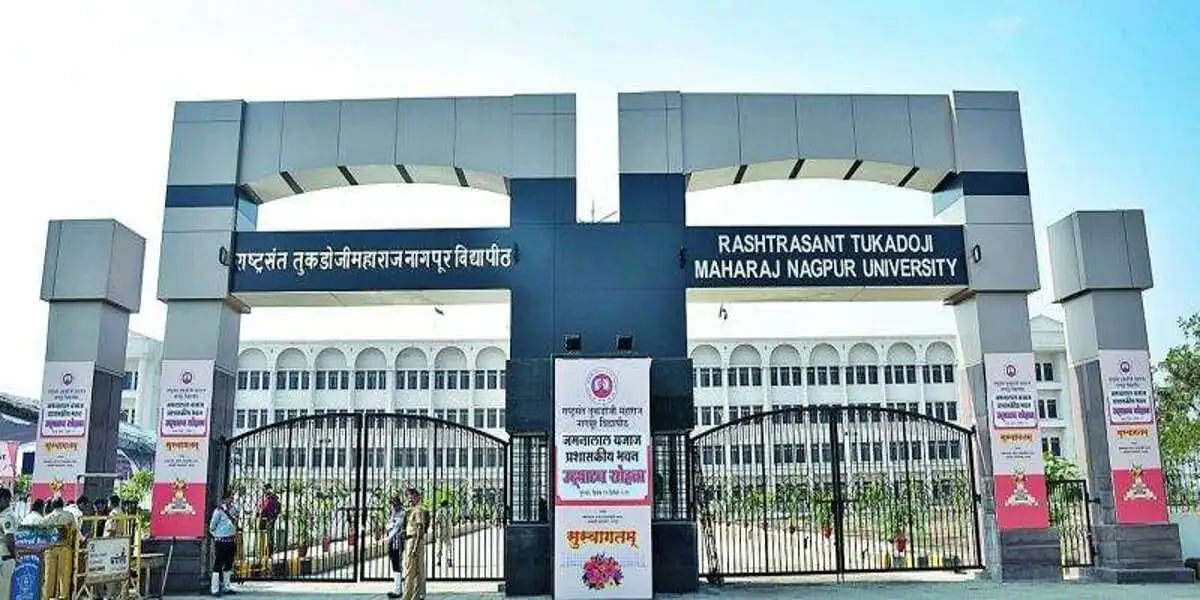
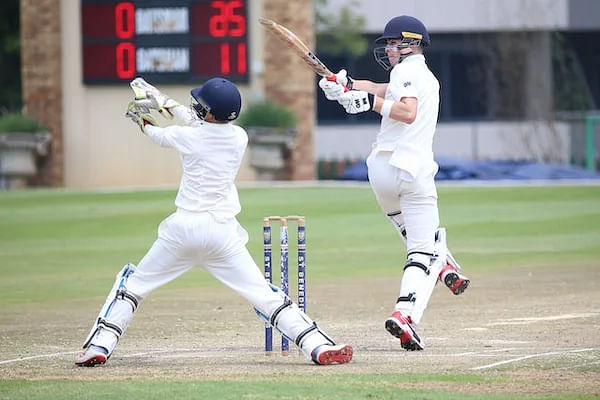

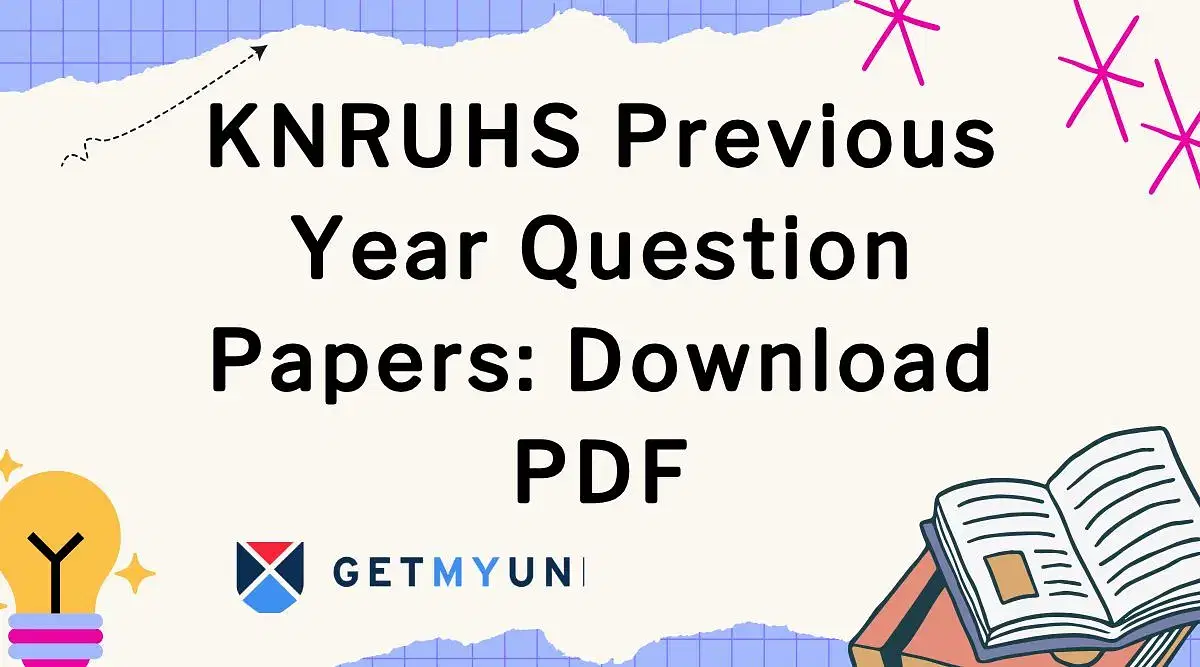

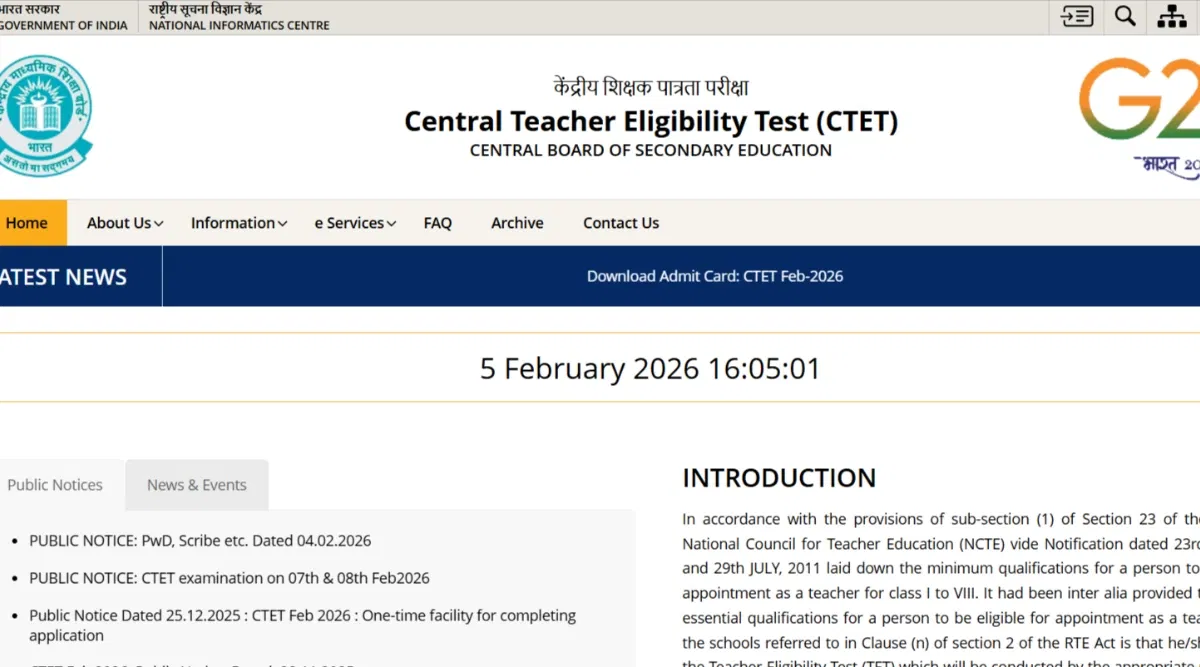
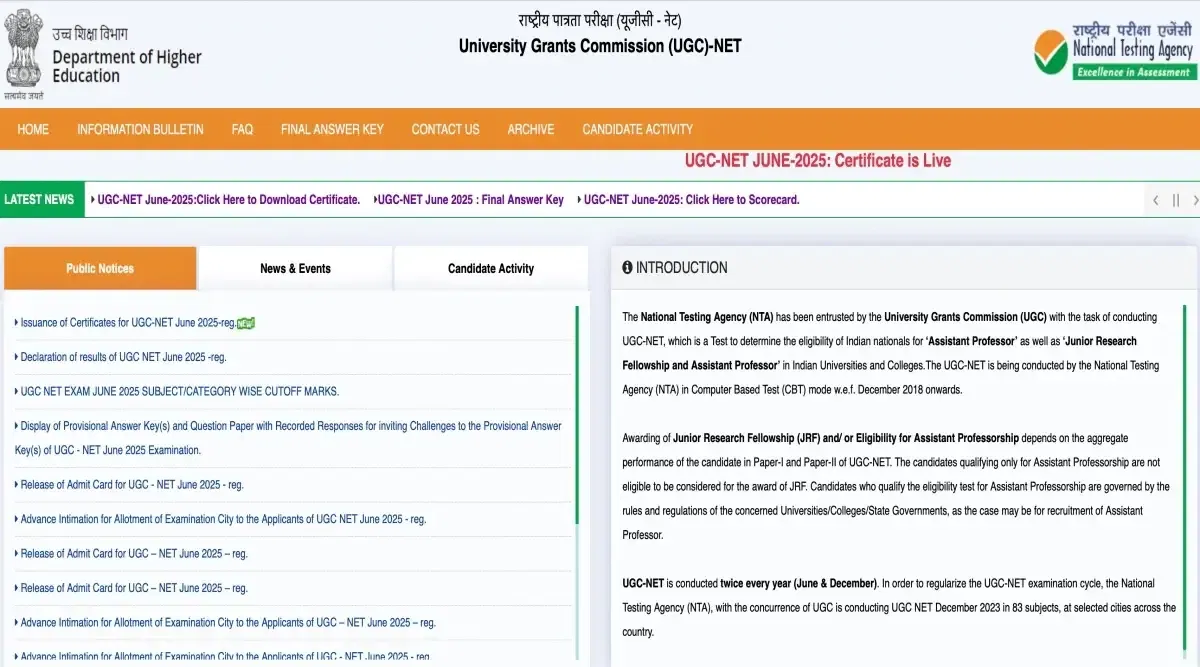

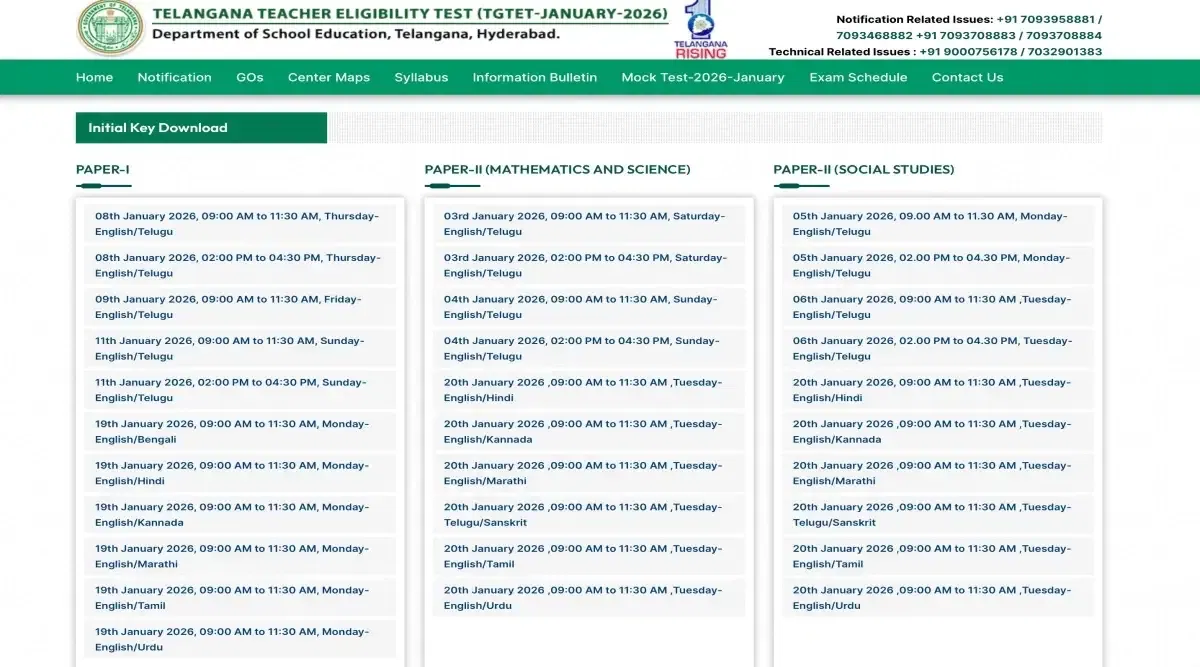

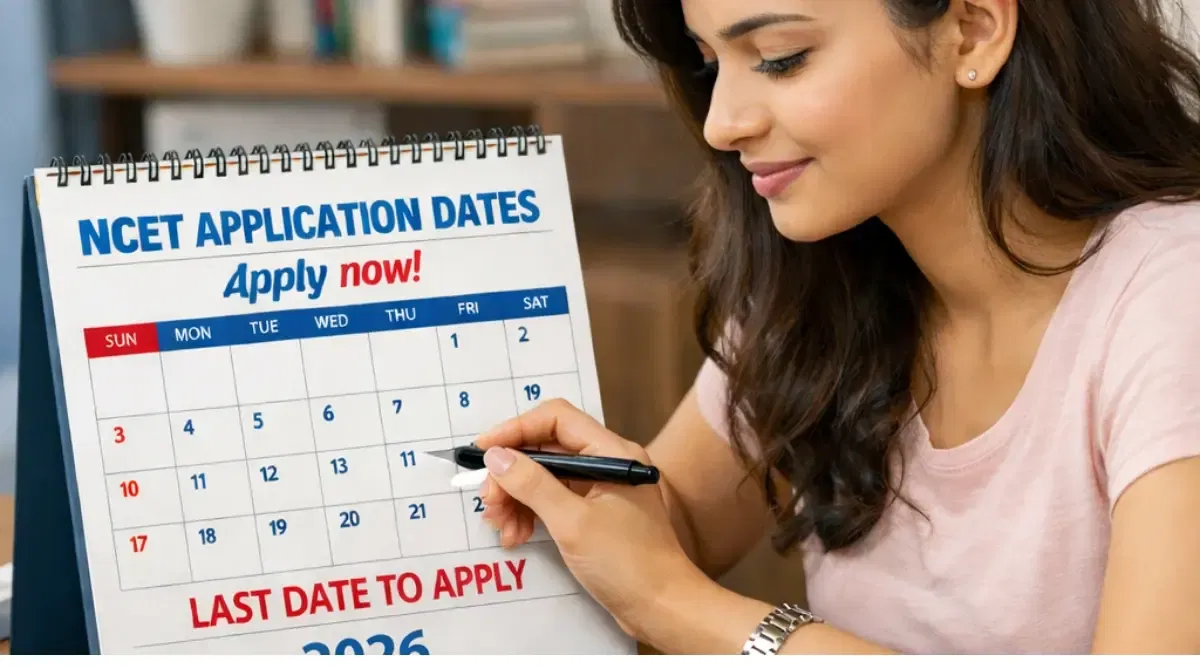
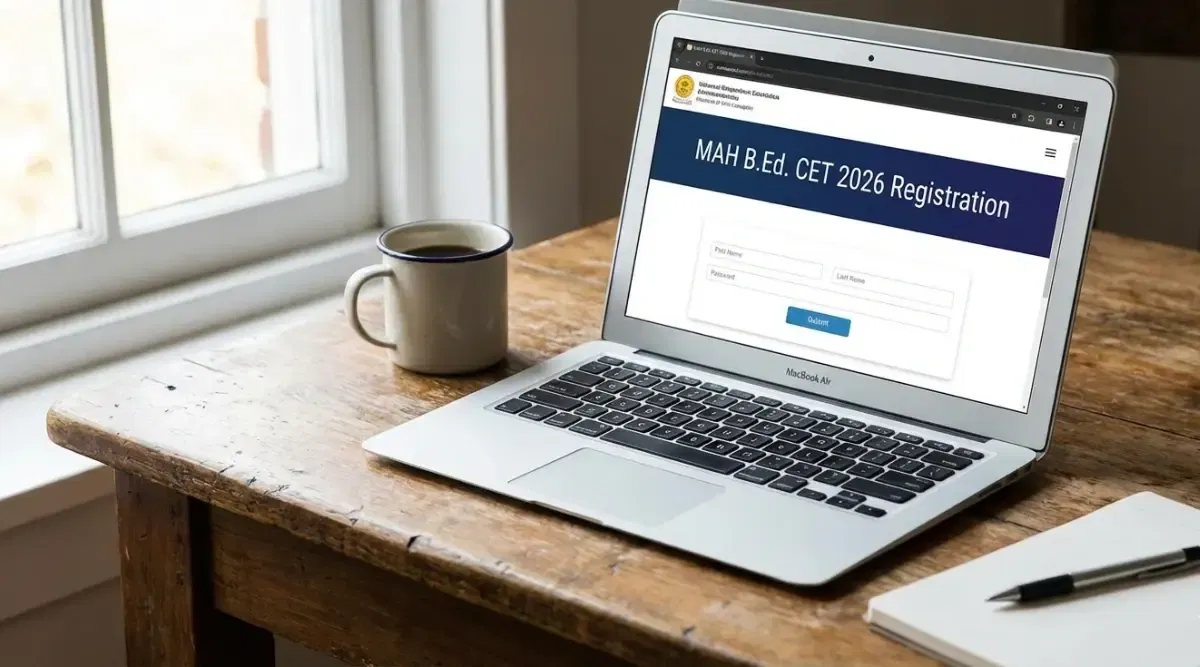

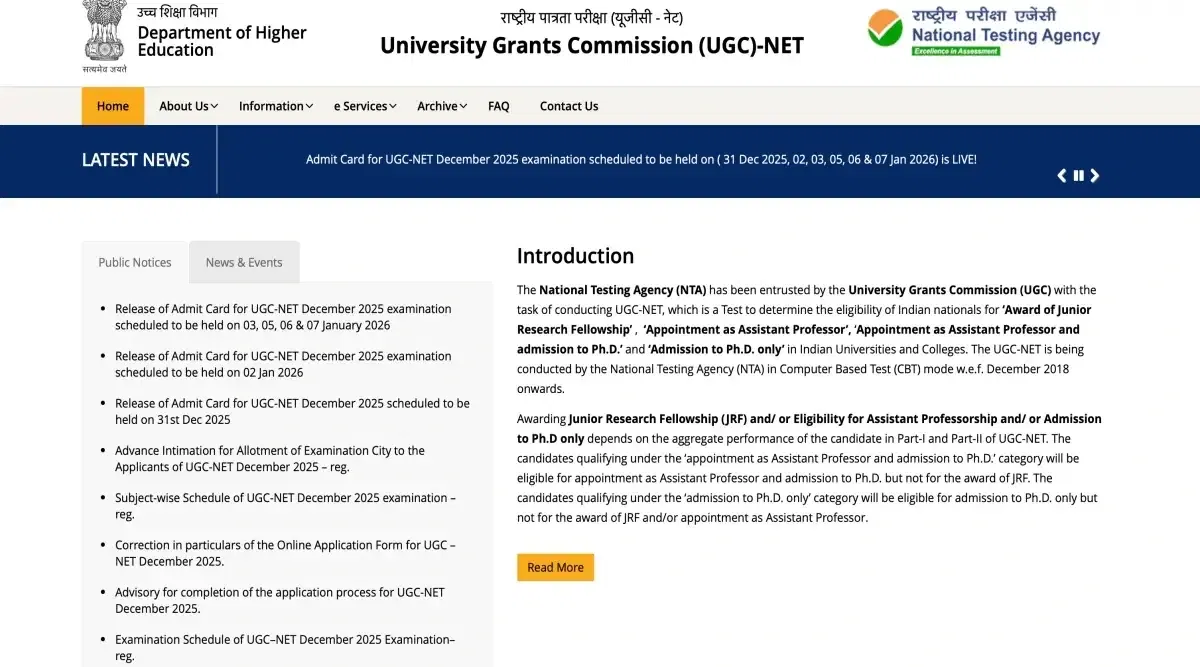
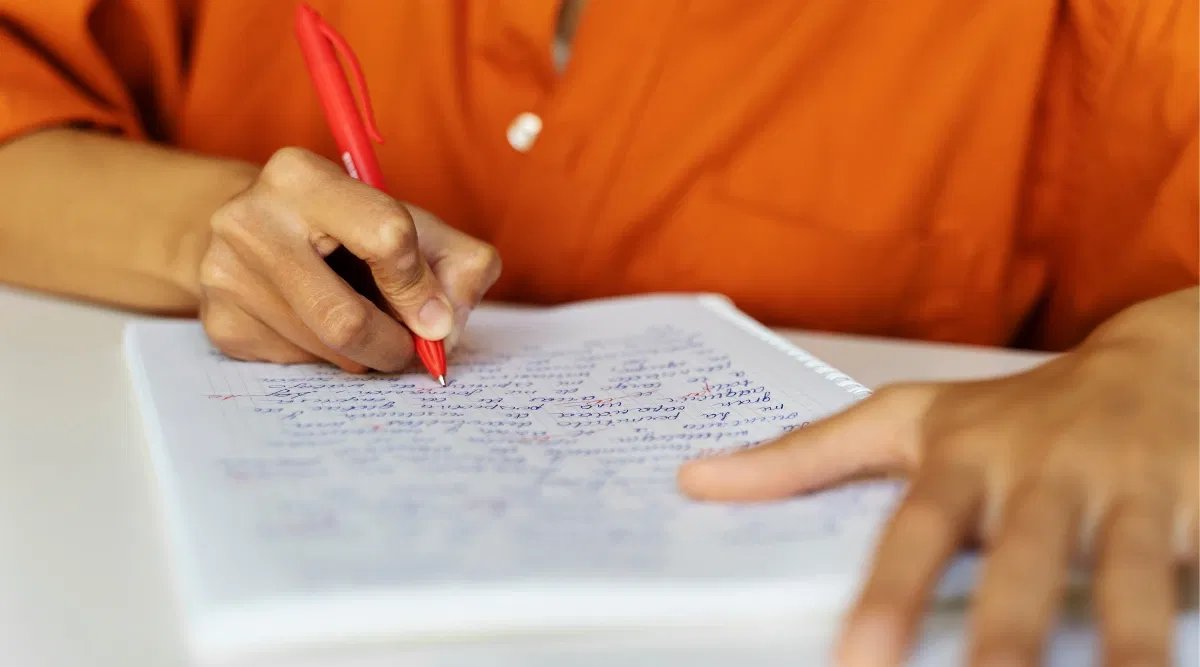

POST YOUR COMMENT